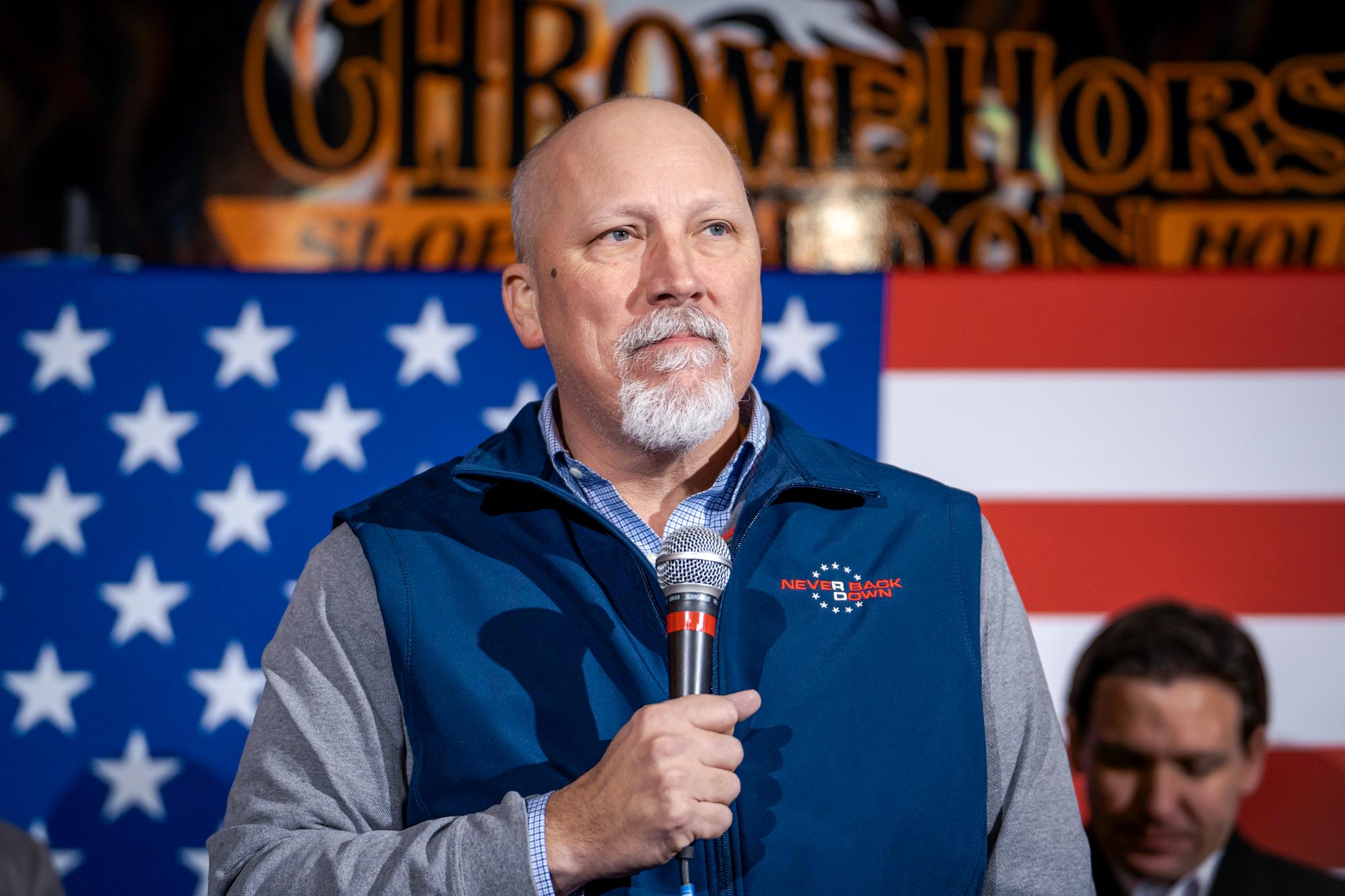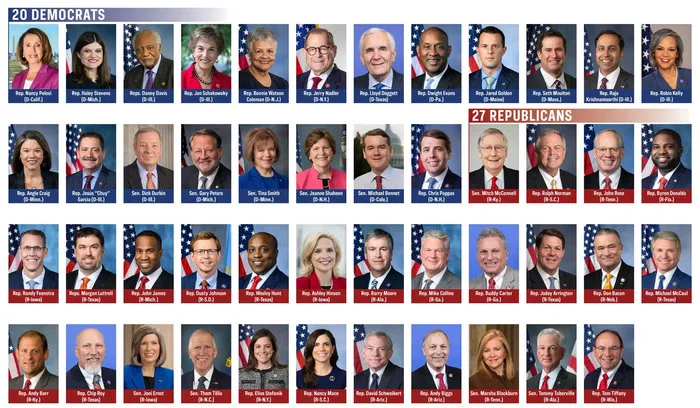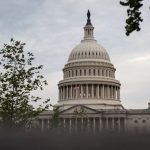By Arjun Singh
Congressional midterms will be held on Nov. 3, 2026, when all 435 members of the House of Representatives and 35 seats in the Senate will be up for election—13 currently held by Democrats and 20 held by Republicans in the regular election cycle. Special elections will fill the additional two Senate seats to replace JD Vance (R-Ohio) and Marco Rubio (R-Fla.), who are now vice president and secretary of state, respectively.
The Republican Party currently has a slim majority in both chambers, and Democrats are looking to challenge that.
As campaign season approaches, 47 members of Congress are not seeking reelection, the highest number in recent years. Some are retiring from politics altogether, including several high-profile lawmakers, while others are running for other political offices, either in state offices or in the U.S. Senate.
Retirements
The most prominent retiree is the 52nd Speaker of the U.S. House of Representatives, Rep. Nancy Pelosi (D-Calif.), who held that office for eight years from 2007 to 2011 and 2019 to 2023. Pelosi, 85, was first elected to the House in 1987, representing the City of San Francisco, and will depart Congress on Jan. 3, 2027, after nearly 40 years in the body.
Pelosi has been a high-ranking government official for many years and, as speaker, led the passage of major legislation such as the Patient Protection and Affordable Care Act of 2010, also known as Obamacare.
During President Donald Trump’s first term in office, she was the leader of the opposition to Trump’s presidency and shepherded two impeachments of him in the House. He was acquitted both times in the Senate.
Another high-ranking retiree is Sen. Mitch McConnell (R-Ky.), who served as the Senate Majority Leader for six years from 2015 to 2021 and was leader of the Senate Republican Conference for 18 years, from 2007 to 2025. McConnell, 83, will be leaving Congress after 40 years—he was elected to the Senate in 1984 and took office in 1985.
McConnell’s career, as leader of Republicans in the Senate, has been long, but he first captured national attention as majority leader when he refused in 2016 to grant a hearing to President Barack Obama’s nominee to the Supreme Court, then-Judge Merrick Garland. He called this refusal “the most important decision” of his career. Garland went on to become attorney general in the Biden administration.
Later, McConnell’s stewardship of conservative federal judge nominations during Trump’s first term—which he termed his “highest priority”—is widely regarded as having reshaped the federal judiciary to favor conservatives, especially at the Supreme Court. Three new high court justices were approved by the Senate under McConnell’s leadership.
After he left the office of majority leader, McConnell’s age was frequently raised as a concern, especially following instances where he froze while speaking with reporters.
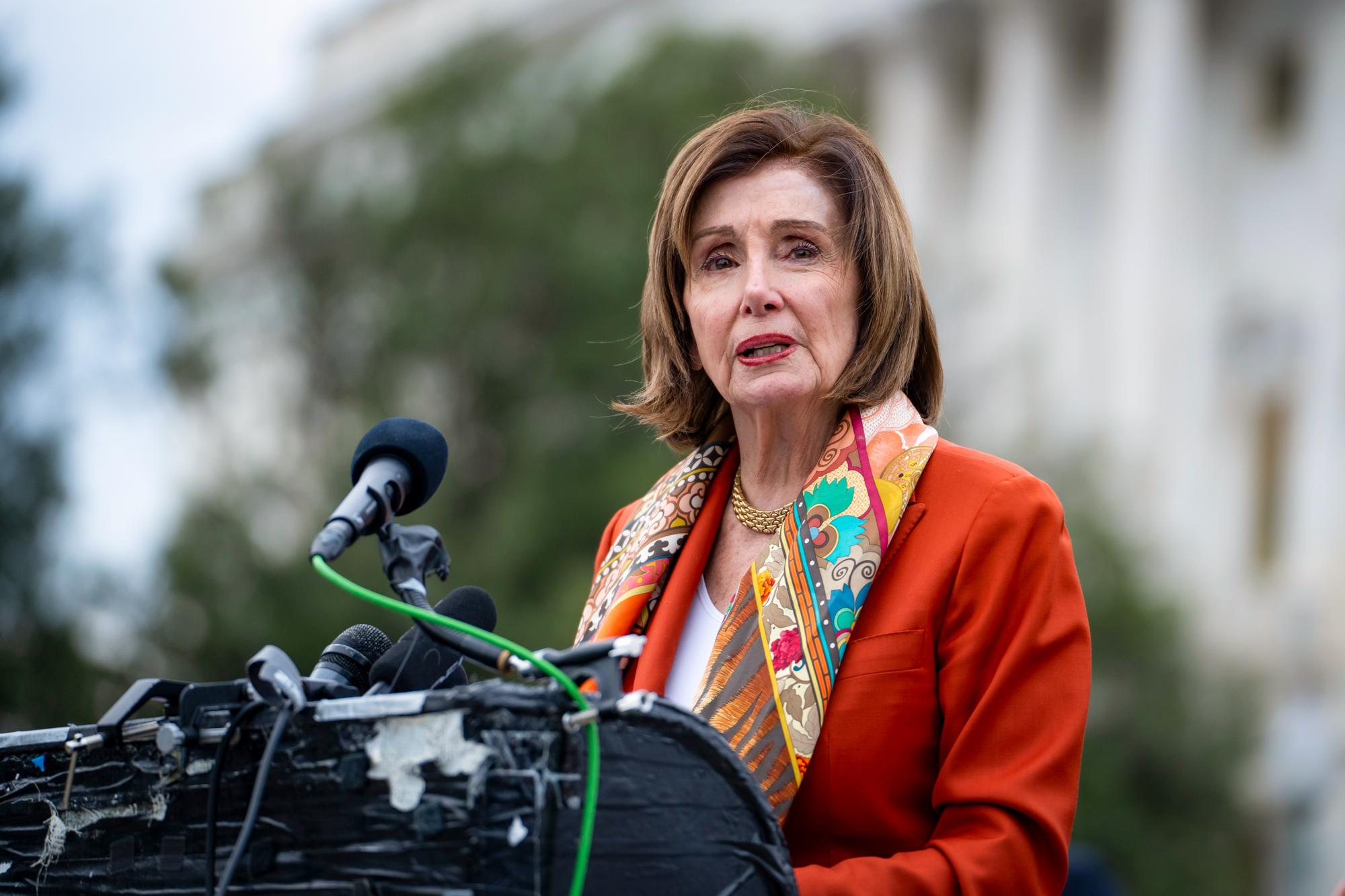
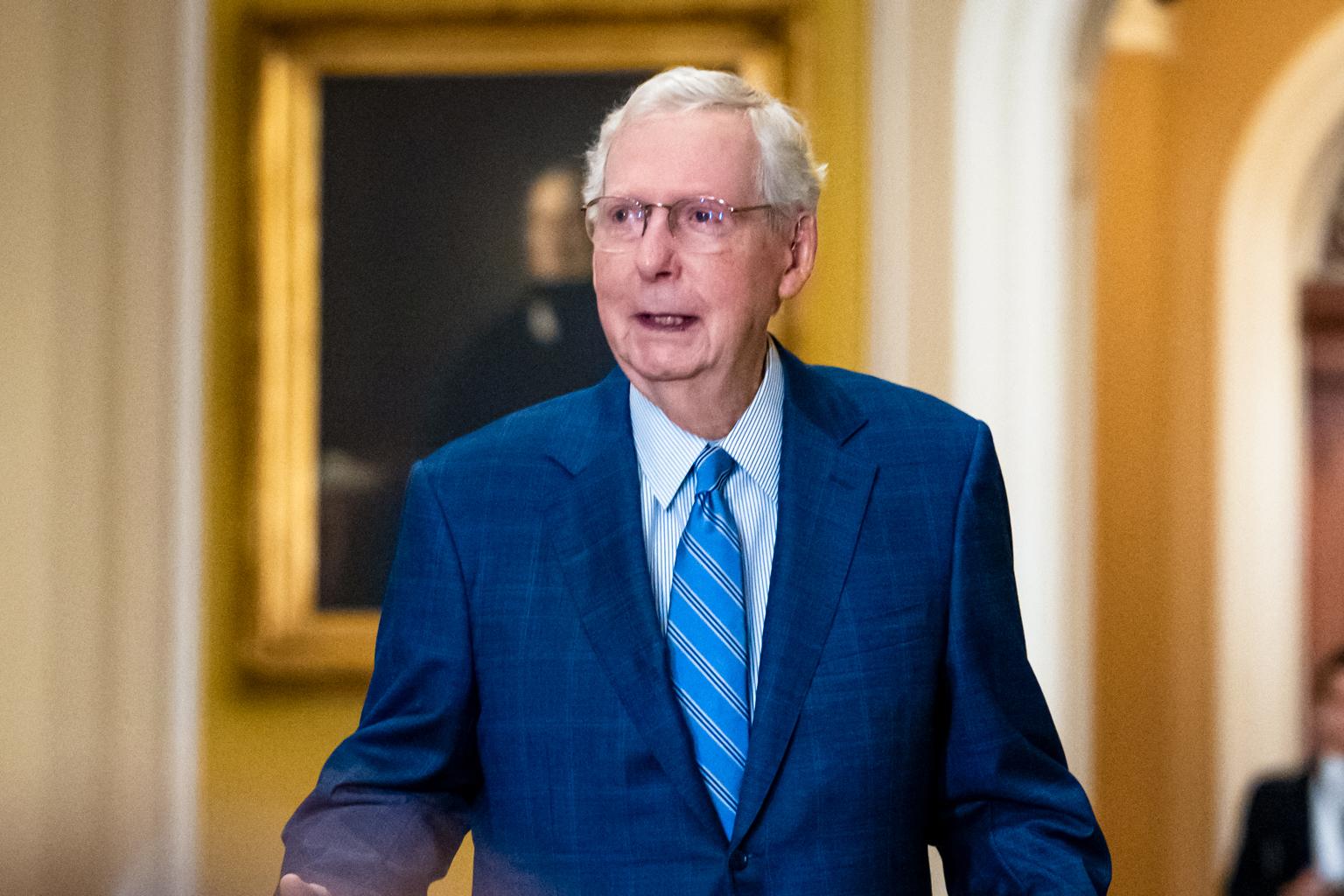
Apart from Pelosi and McConnell, several other members of Congress over the age of 65 are retiring. In the Senate, these include Minority Whip Dick Durbin (D-Ill.), Jeanne Shaheen (D-N.H.), Gary Peters (D-Mich.), Tina Smith (D-Minn.), and Thom Tillis (R-N.C.), all of whom have had long political careers across multiple public offices. Sen. Joni Ernst (R-Iowa), who has served since 2015, is not seeking re-election at the age of 55.
In the House, retirements include former House Judiciary Committee Chairman Jerry Nadler (D-N.Y.), Bonnie Watson Coleman (D-N.J.), as well as Illinois Democrats Danny Davis, Jesús “Chuy” García, and Jan Schakowsky. Aside from García, 69, all are aged between 78 and 84.
Younger members of the House who are leaving, without professed intentions to seek another office, are Reps. Morgan Luttrell (R-Texas), Jodey Arrington (R-Texas), former House Foreign Affairs Committee Chairman Michael McCaul (R-Texas), Rep. Don Bacon (R-Neb.), and Rep. Jared Golden (D-Maine).
Seeking Other Offices
Three U.S. senators are running to be the governors of their states. These are Michael Bennet (D-Colo.), Marsha Blackburn (R-Tenn.), and Tommy Tuberville (R-Ala.).
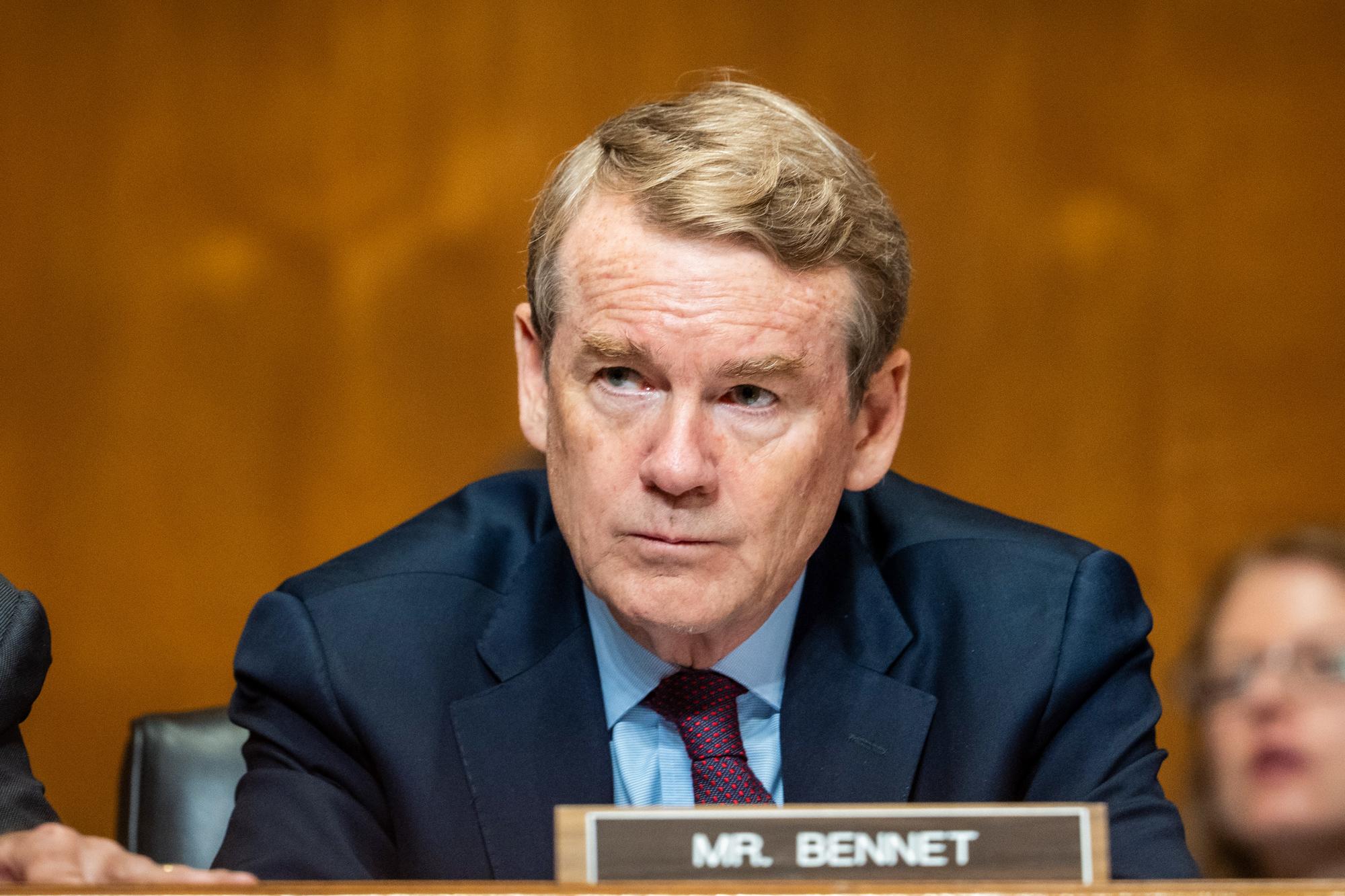
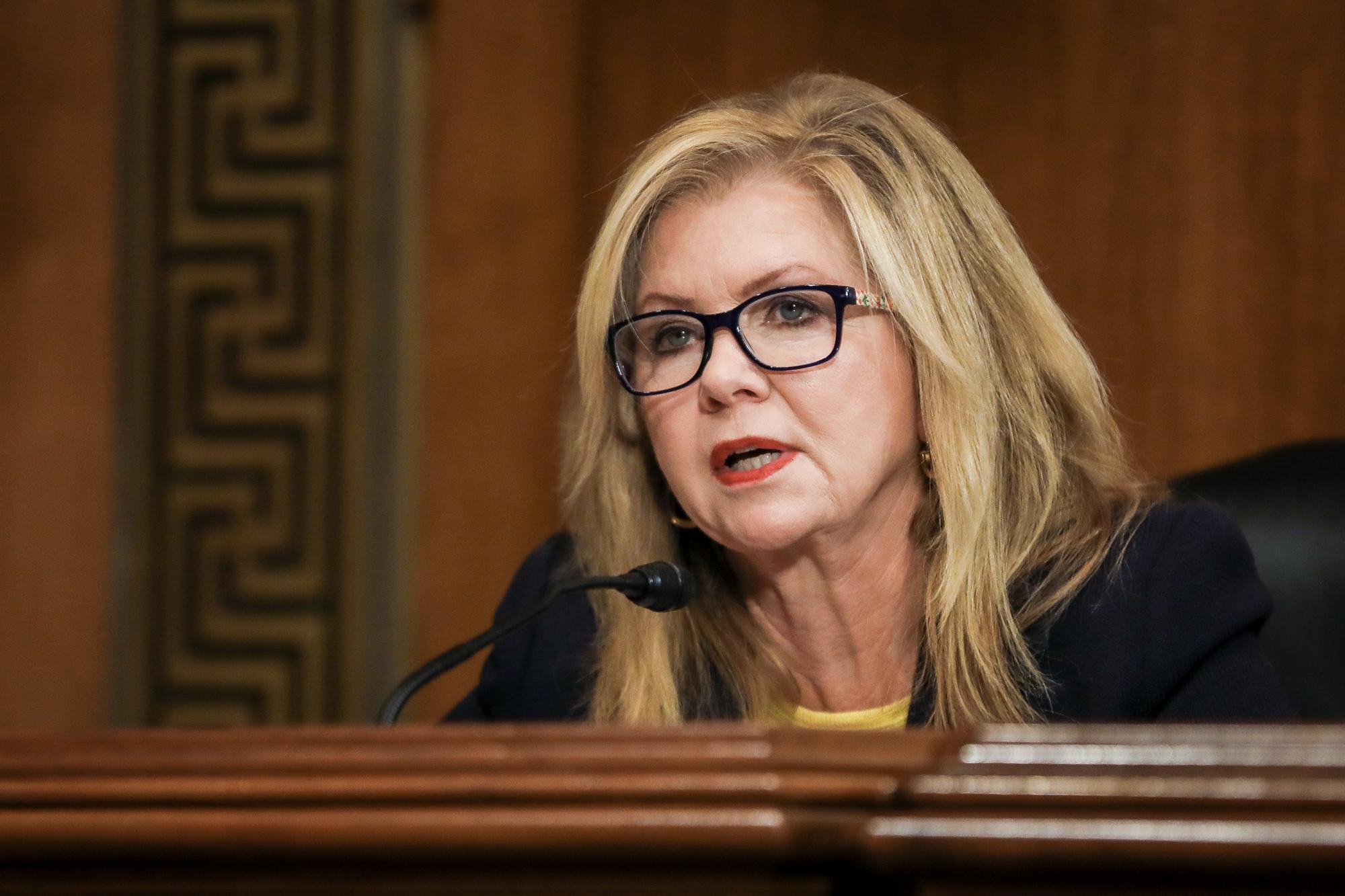
Other than those three gubernatorial hopefuls, no U.S. senator is running for any other office.
Twenty-four members of the House, by contrast, are running for the U.S. Senate or gubernatorial and other statewide offices in their states.
Those running for governor include Reps. Elise Stefanik (R-N.Y.), Tom Tiffany (R-Wis.), John Rose (R-Tenn.), Byron Donalds (R-Fla.), John James (R-Mich.), and Dusty Johnson (R-S.D.).
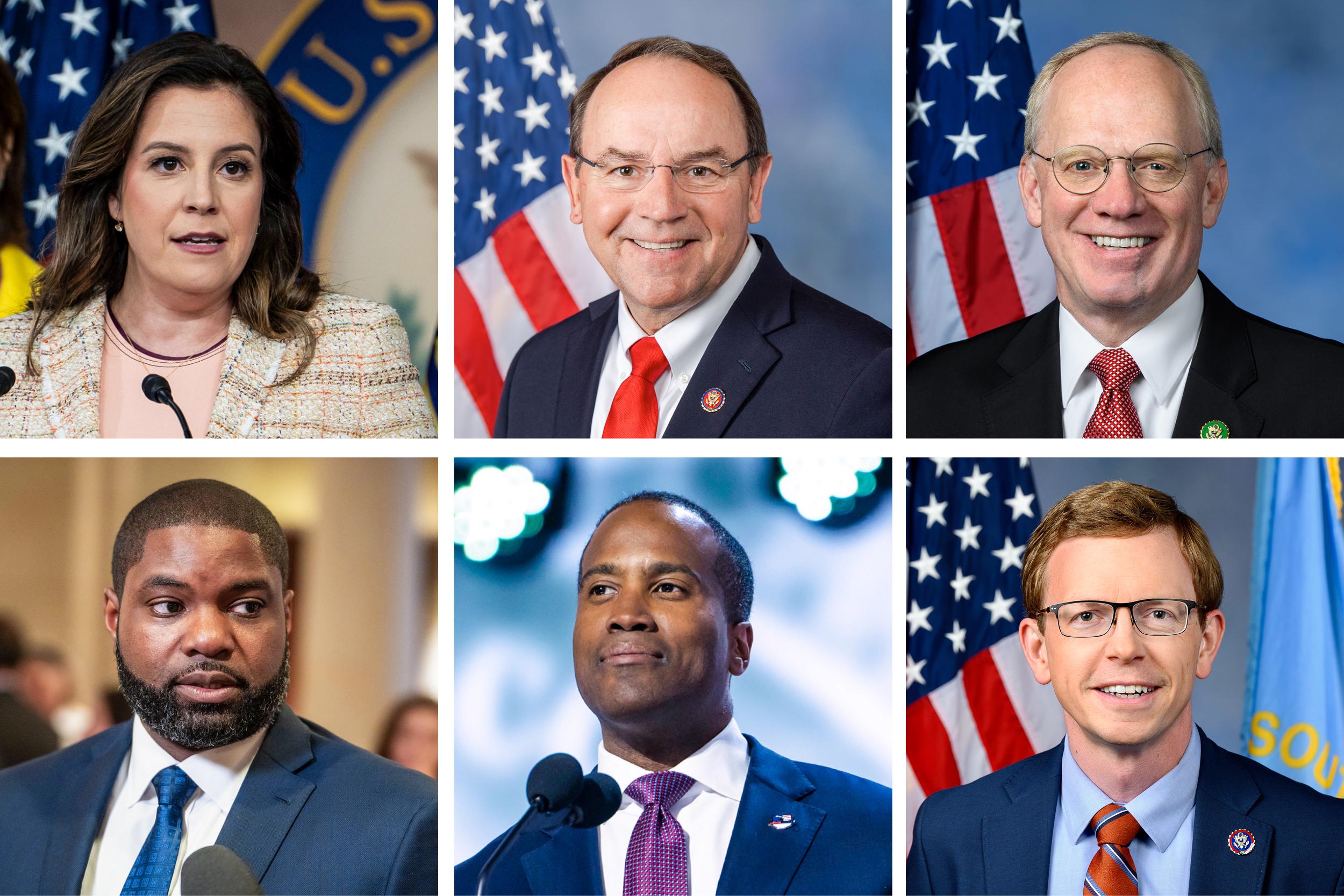
In South Carolina, two Republicans, Reps. Nancy Mace and Ralph Norman, are running against each other for the Republican gubernatorial nomination, as are Reps. Dave Schweikert and Andy Biggs in Arizona.
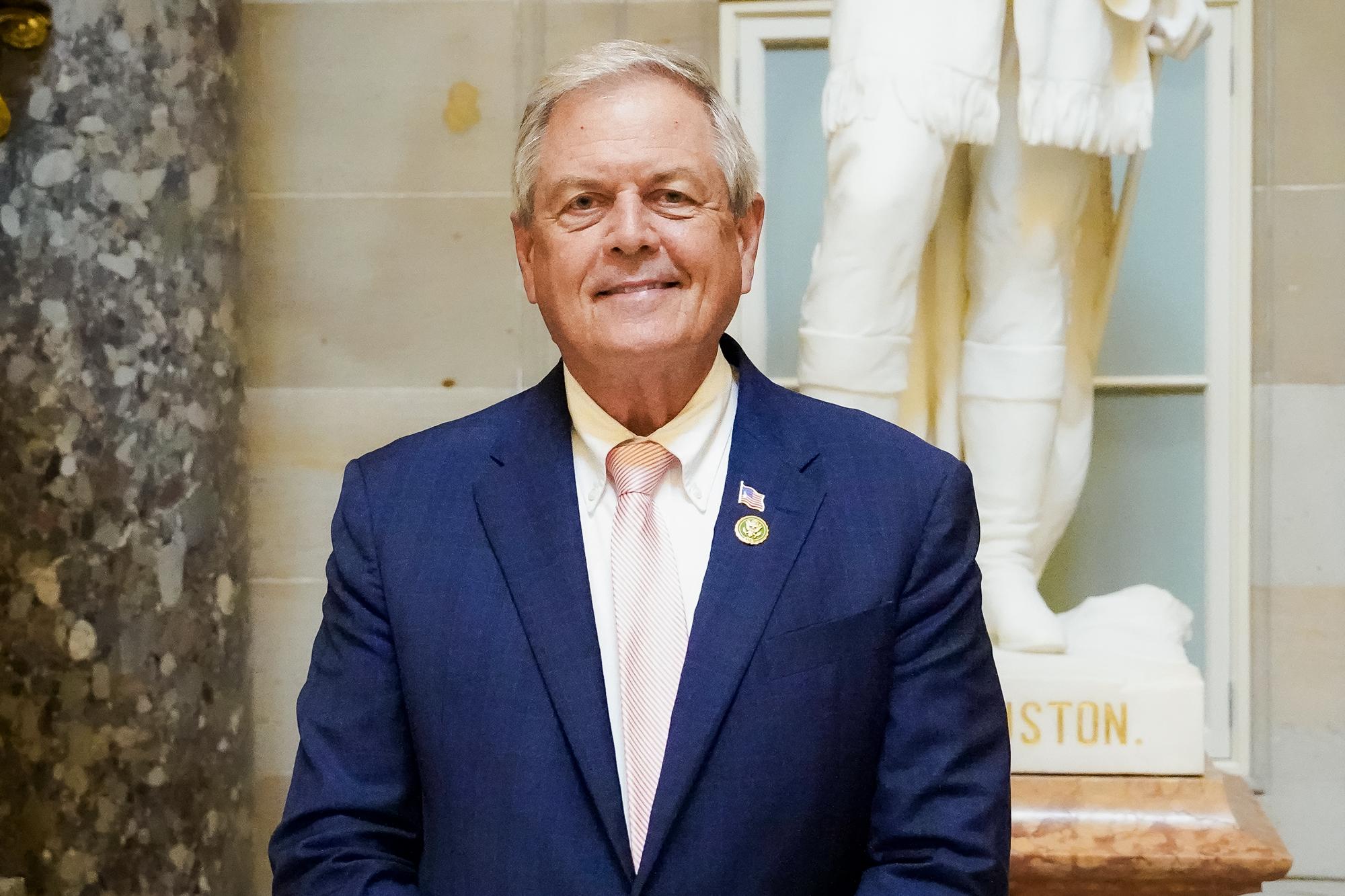
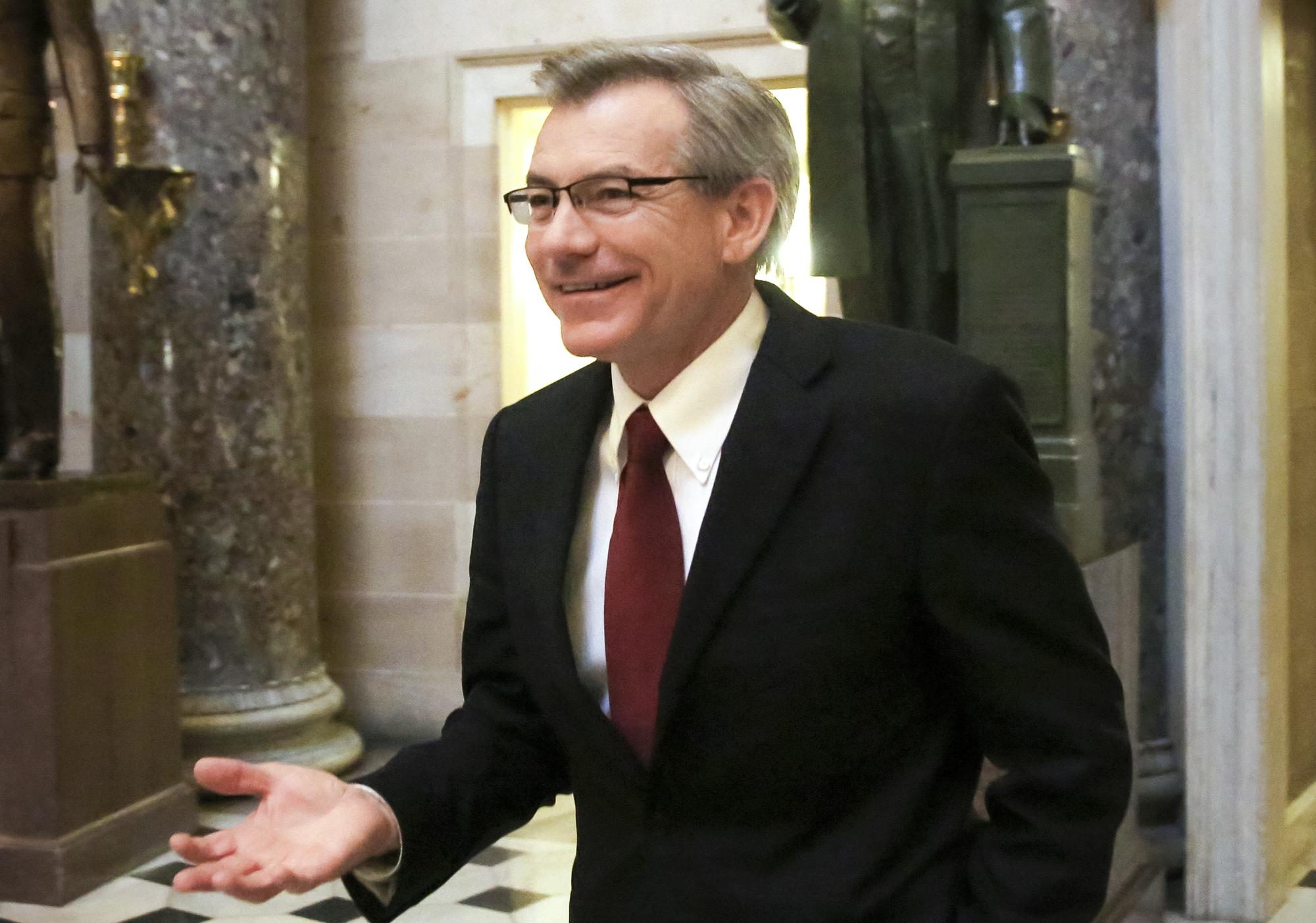
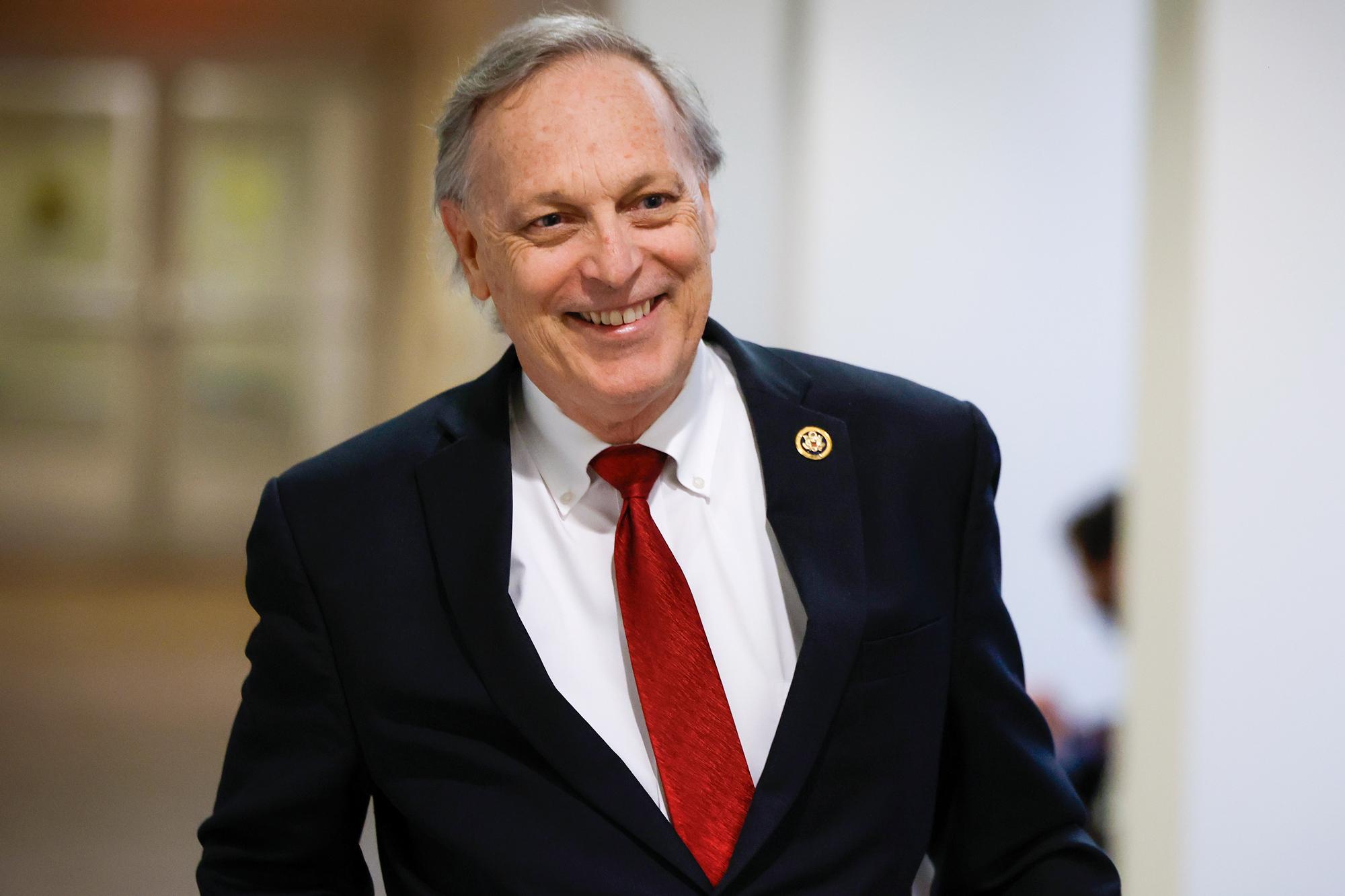
Representatives running for the U.S. Senate in their states are Haley Stevens (D-Mich.) to succeed Peters; Ashley Hinson (R-Iowa) to succeed Ernst; Barry Moore (R-Ala.) to succeed Tuberville; Andy Barr (R-Ky.) to succeed McConnell; Angie Craig (D-Minn.) to succeed Smith, and Chris Pappas (D-N.H.) to succeed Shaheen.
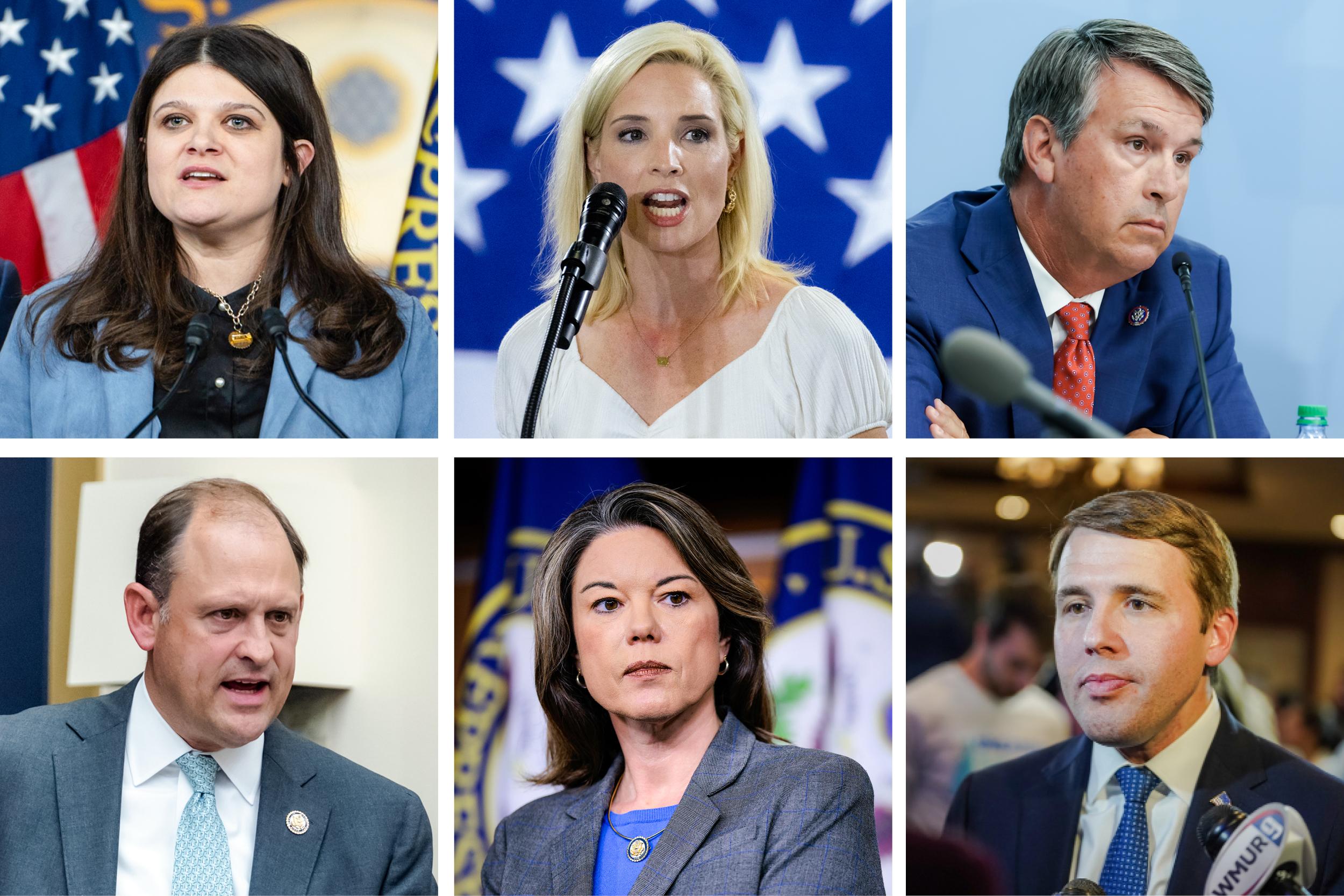
In Illinois for Durbin’s seat, Reps. Raja Krishnamoorthi and Robin Kelly are competing against each other and Lt. Gov. Juliana Stratton for the Democratic nomination, whose winner is all but guaranteed victory in the general election.
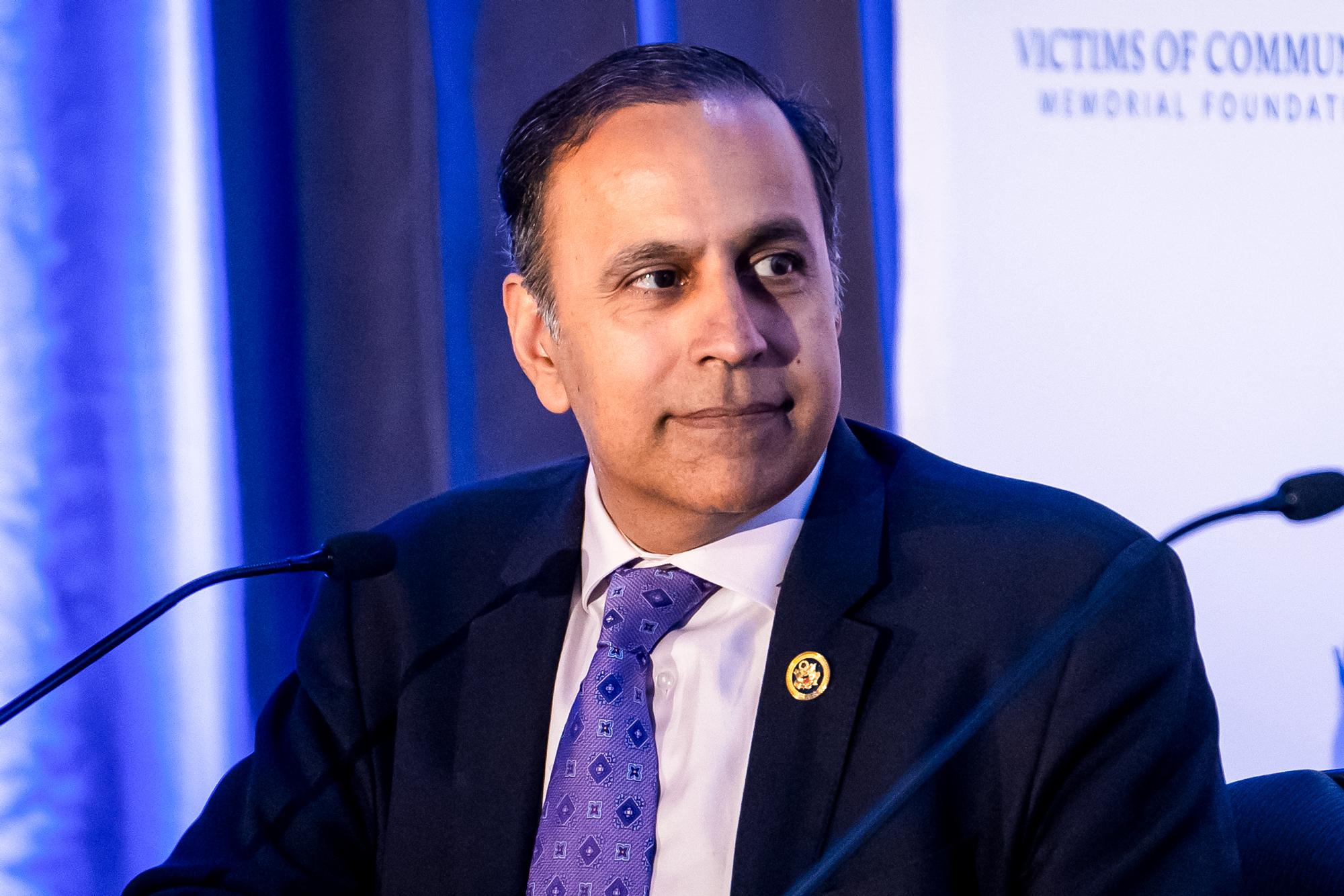
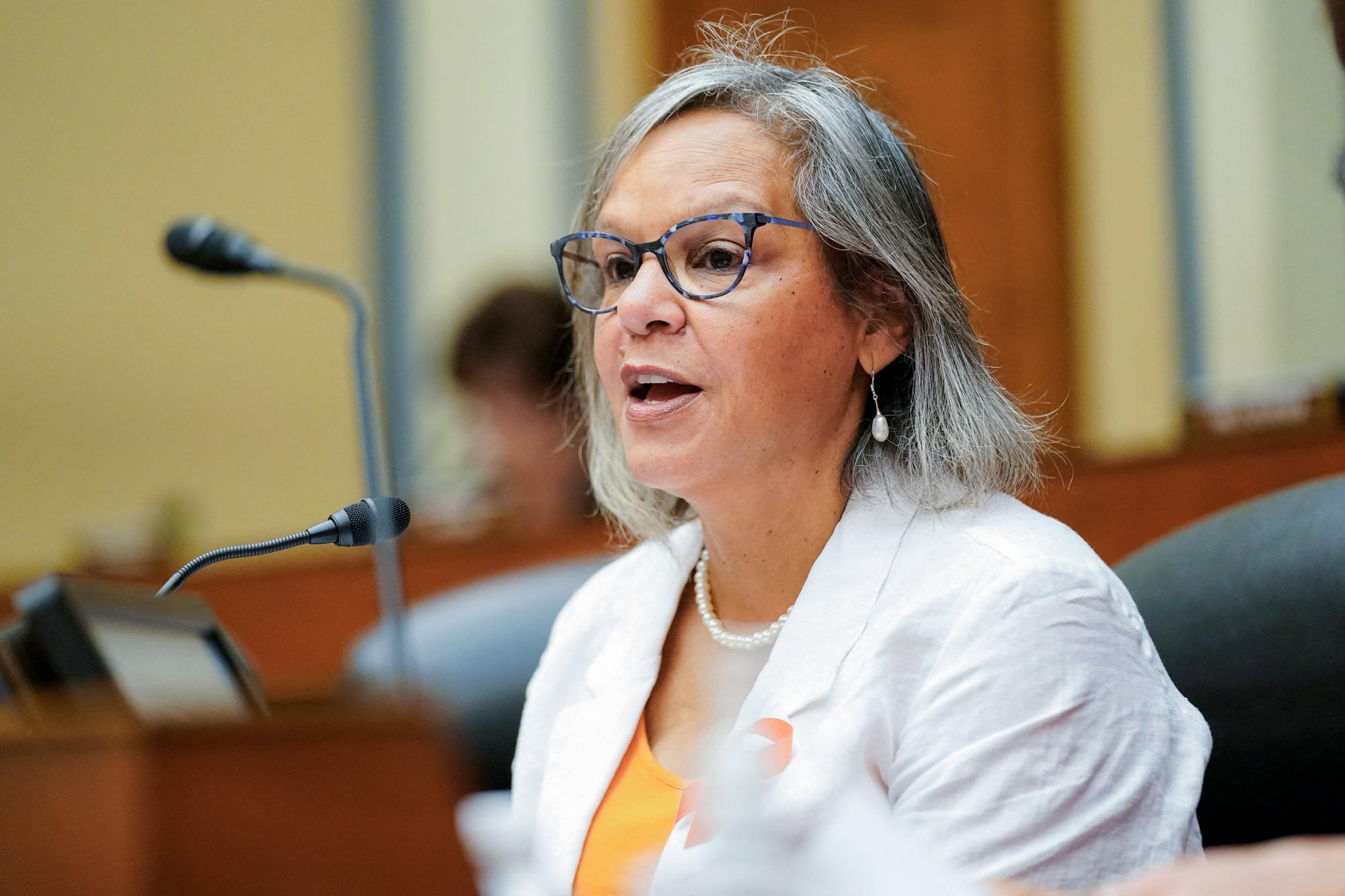
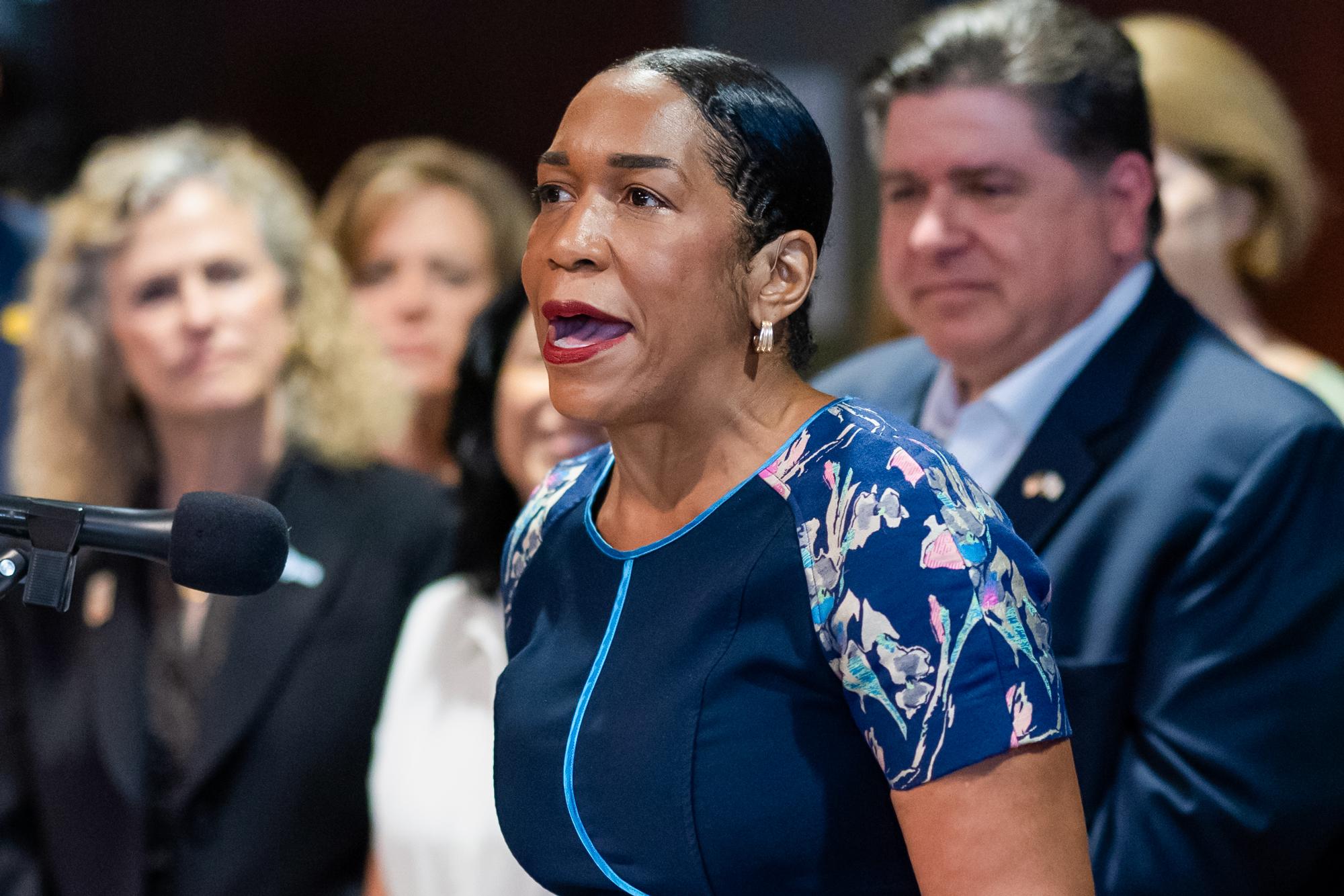
Another member v. member Senate competition is in Georgia, where Reps. Mike Collins and Buddy Carter are both seeking the Republican nomination to challenge Sen. Jon Ossoff (D-Ga.) in the general election.
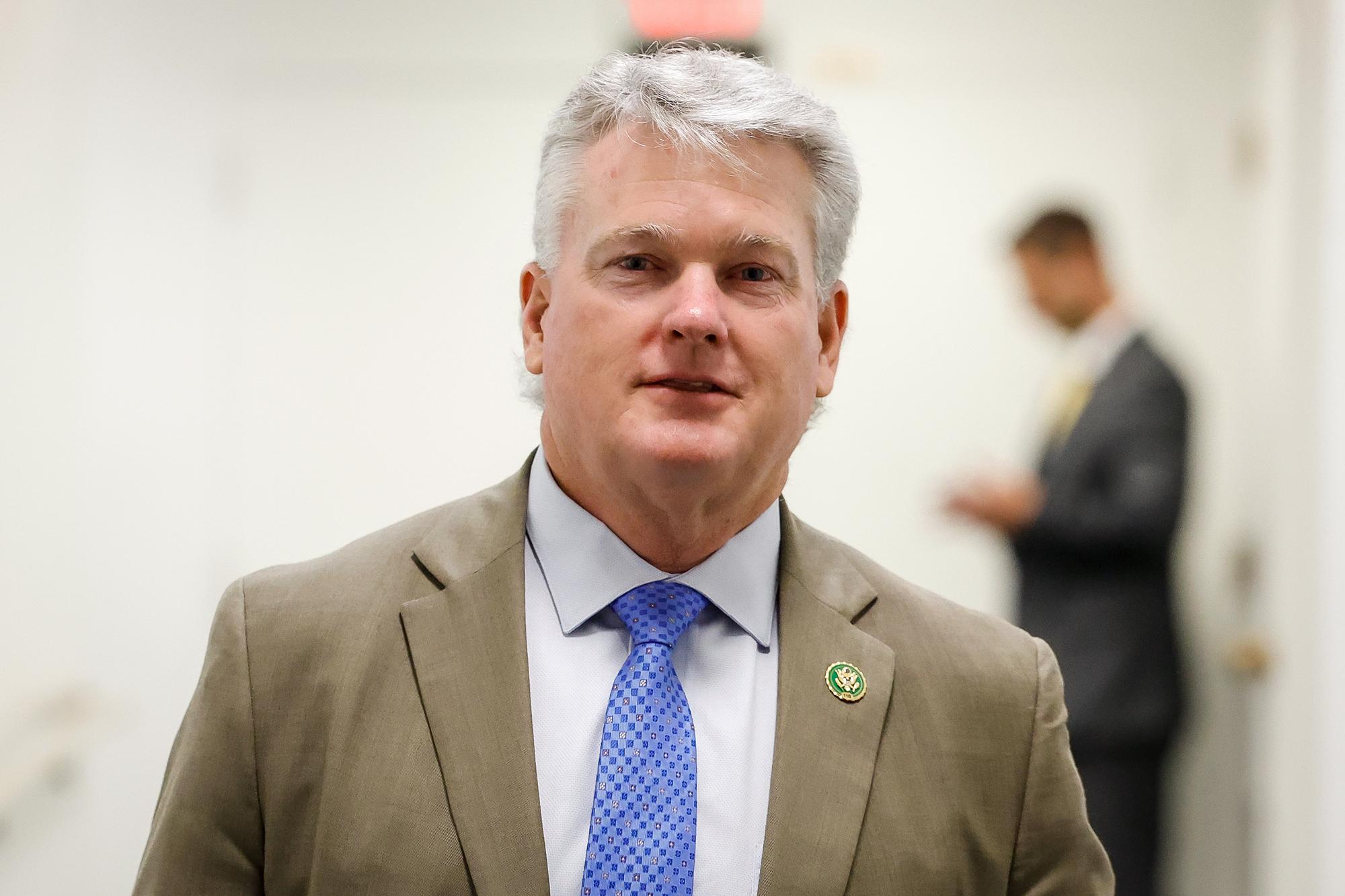
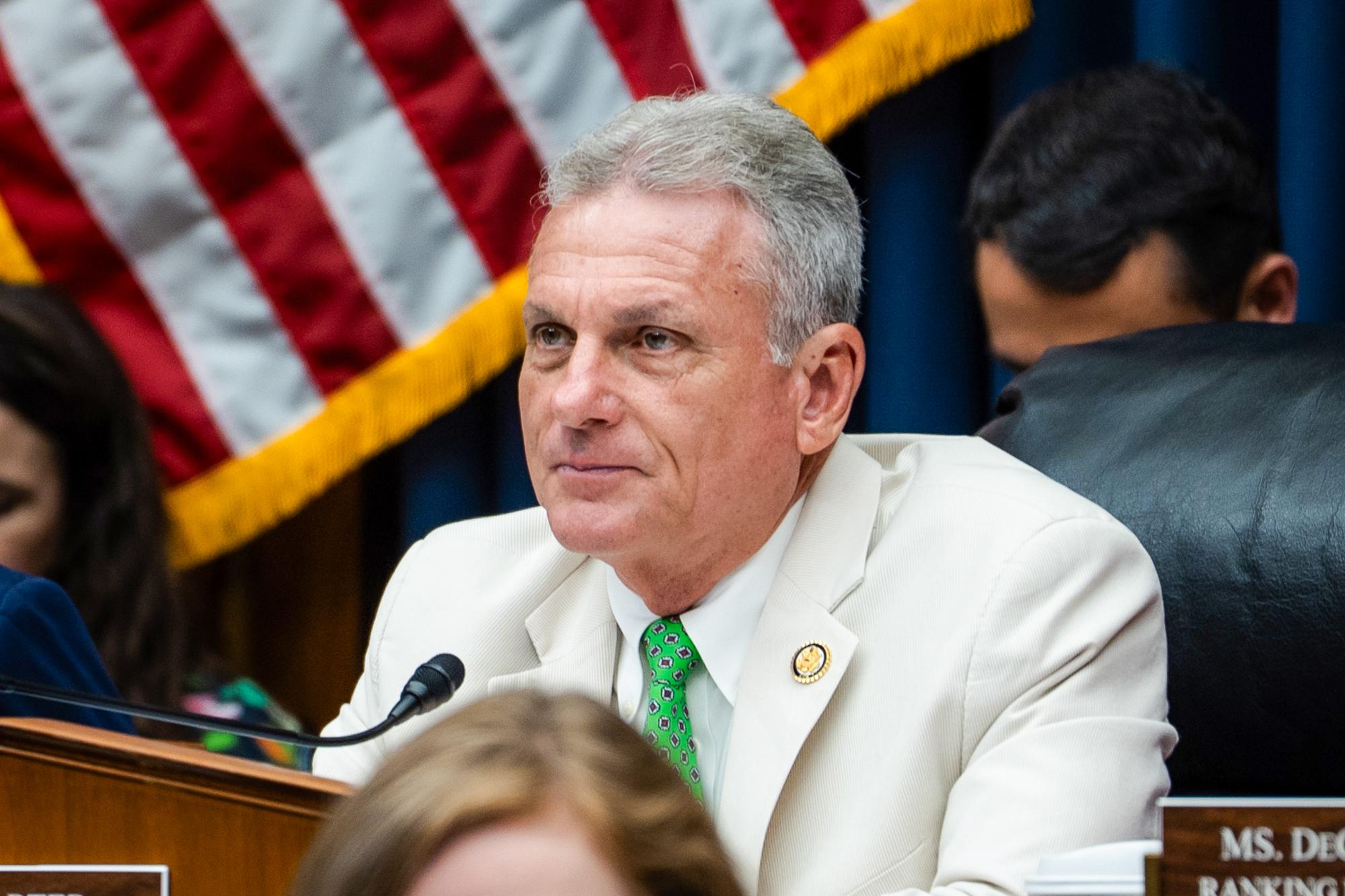

In Texas, Rep. Wesley Hunt (R-Texas) is seeking the Republican nomination for the U.S. Senate against incumbent Sen. John Cornyn (R-Texas) and Texas Attorney General Ken Paxton, Jr., the latter of whom leads polls.
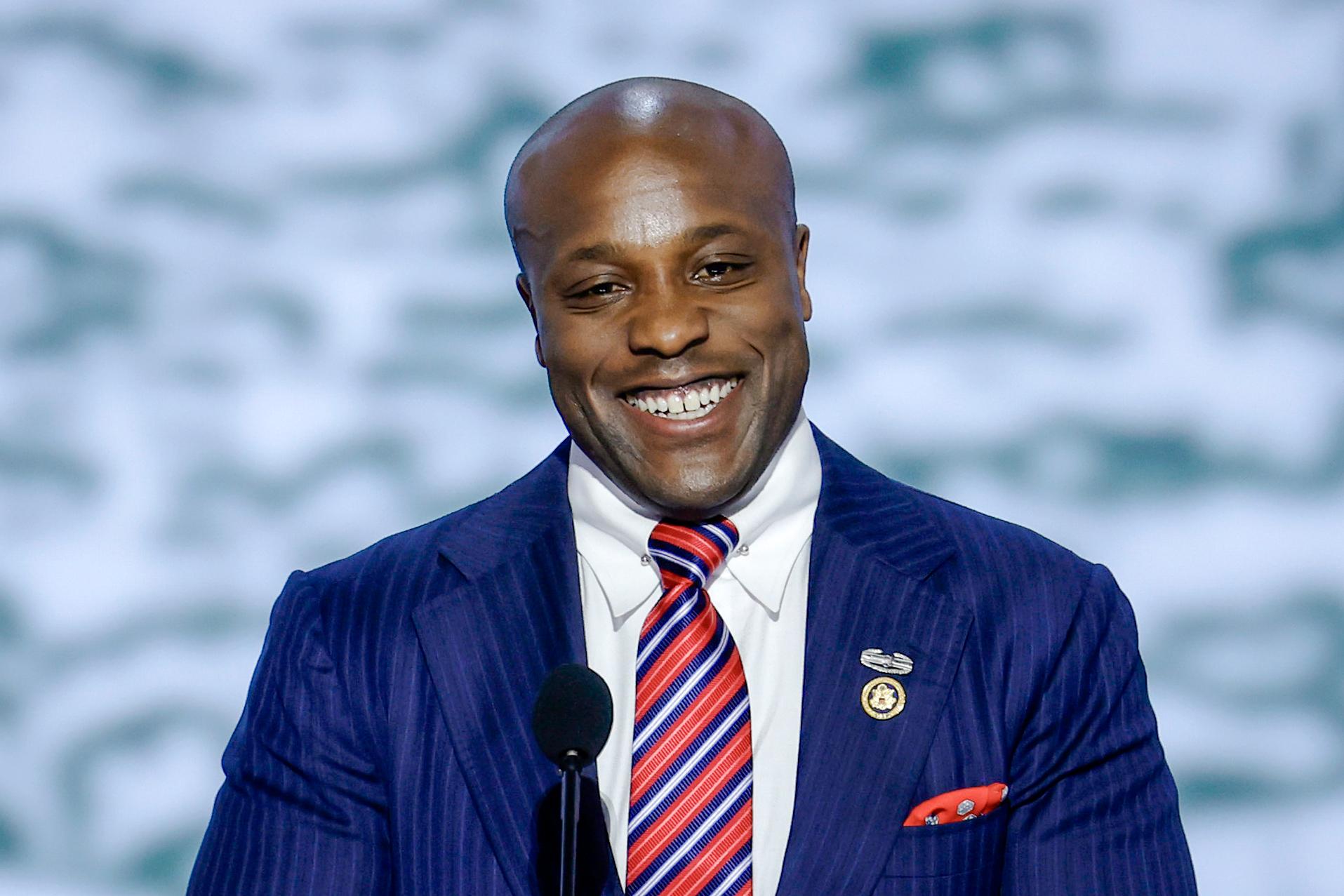
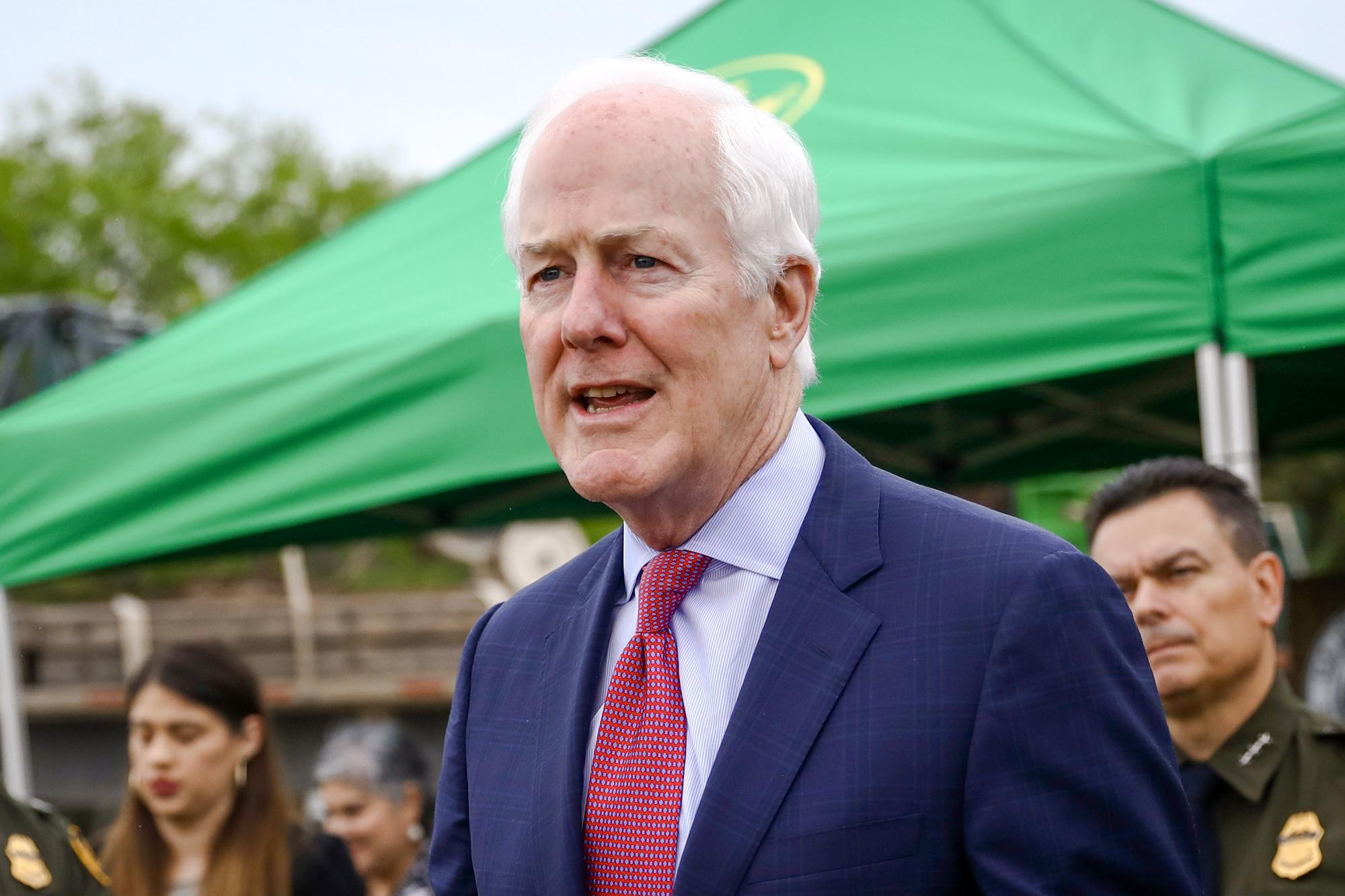
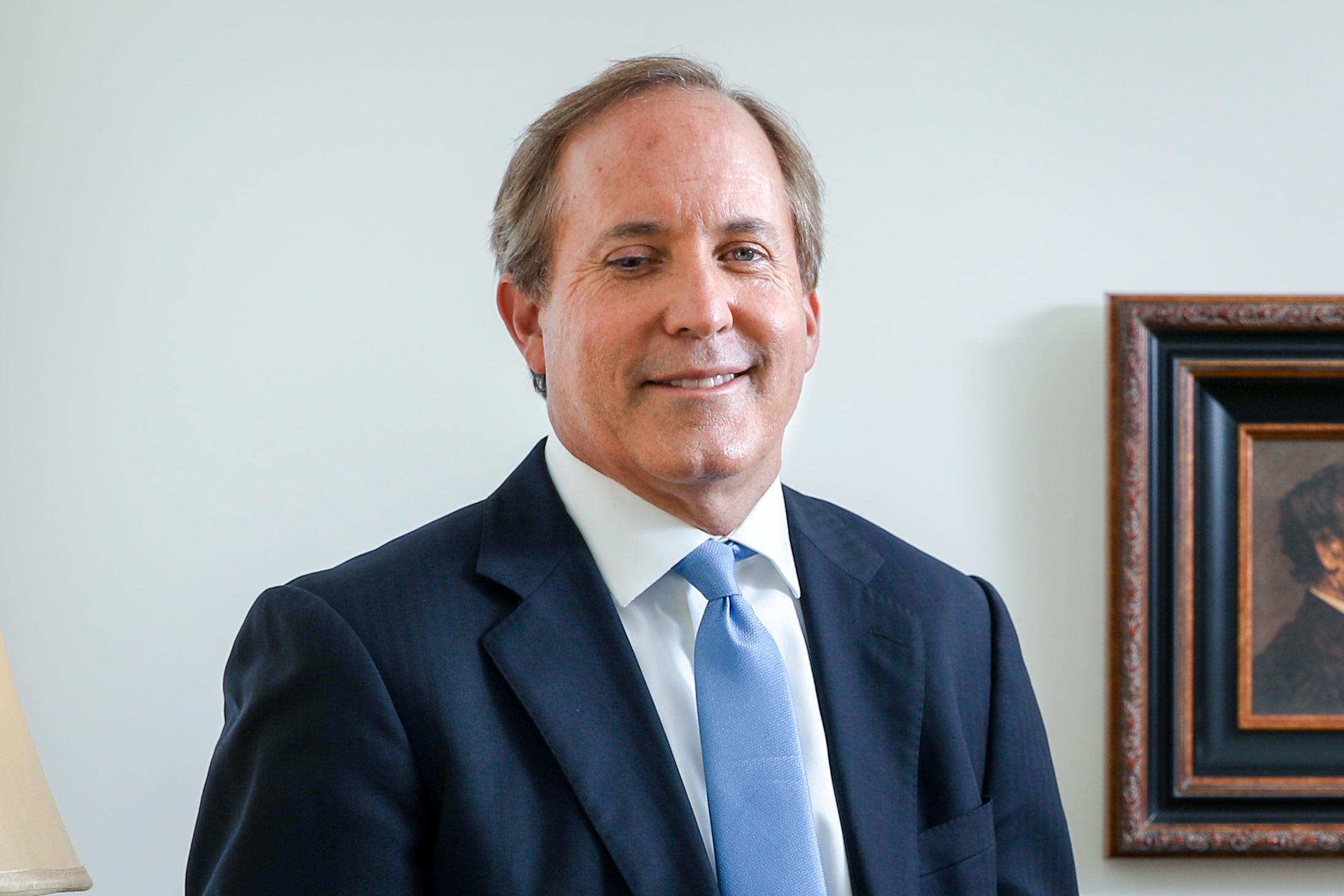
As a result of Paxton’s departure, Rep. Chip Roy (R-Texas) is running to be the attorney general of Texas.
